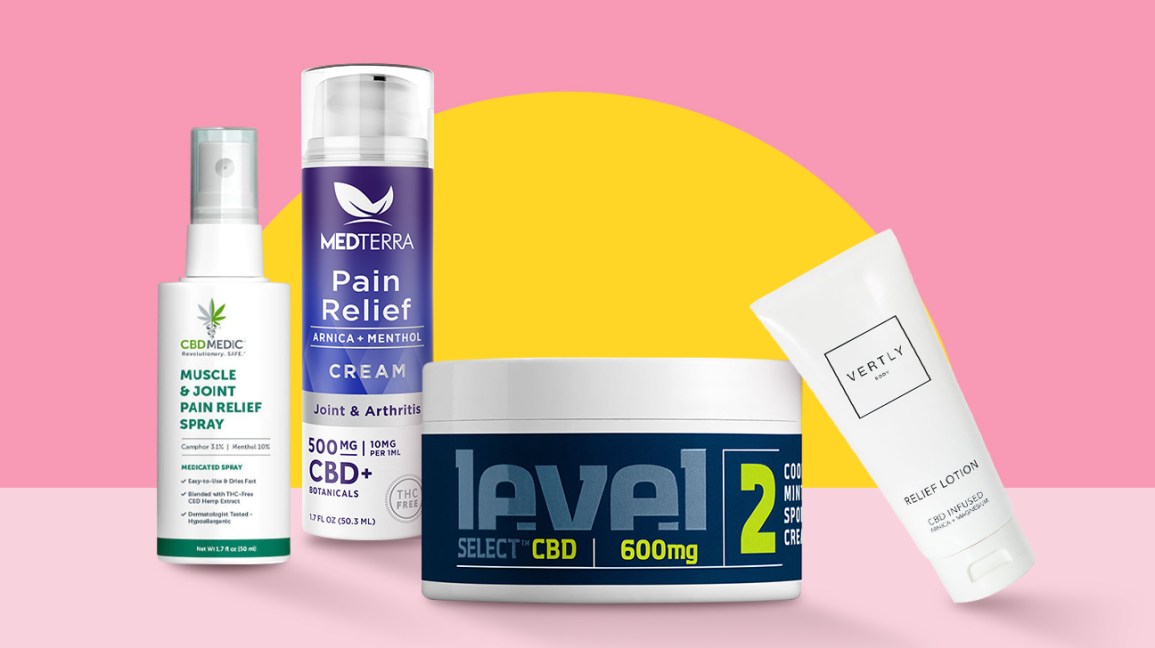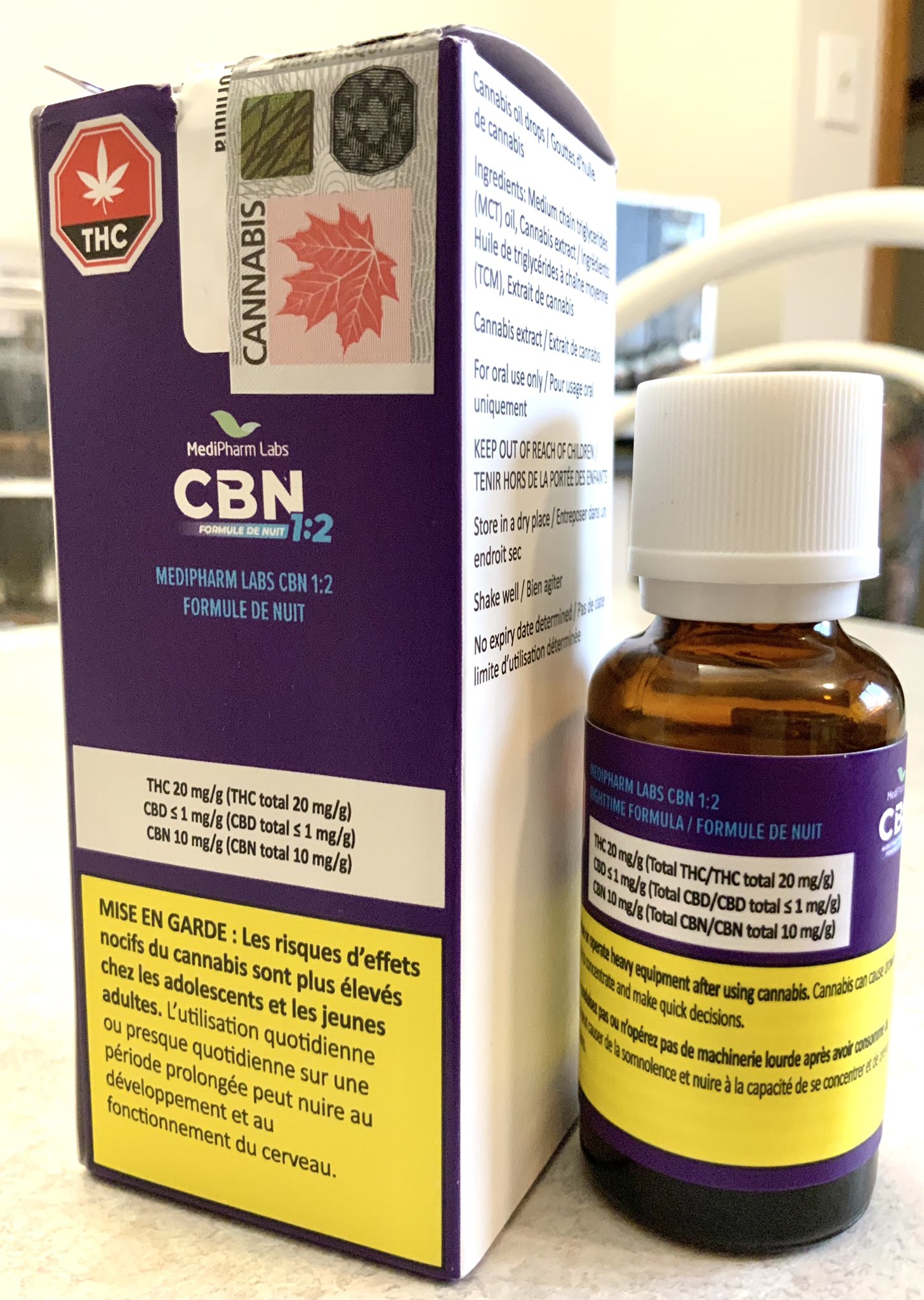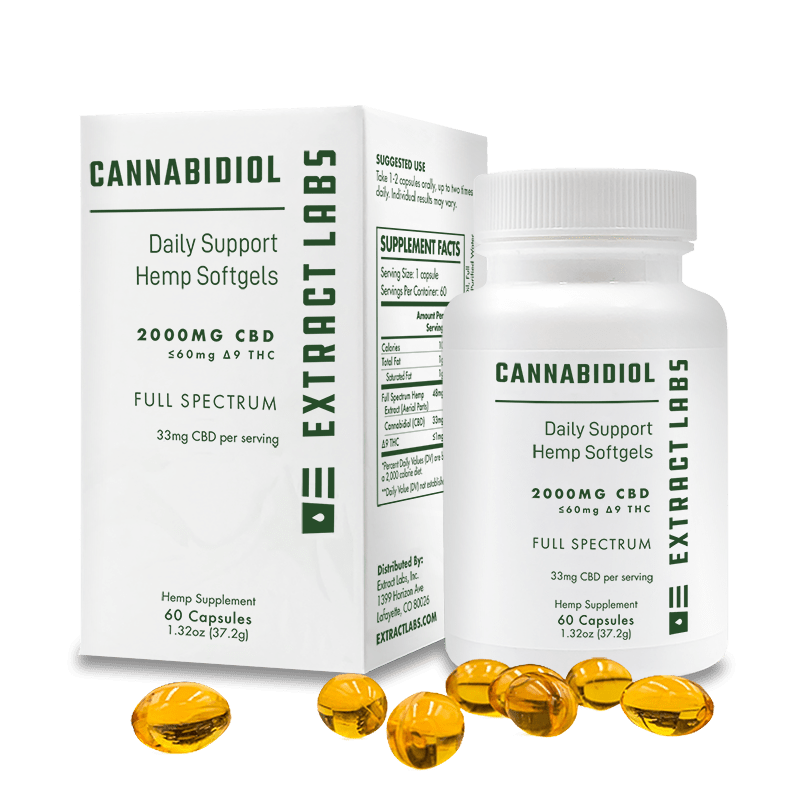
Delta 9 THC is a psychoactive and cannabinoid. While there is no known fatal dose, most people stick with doses of 5 mg to 50mg. Anything beyond this amount can have undesirable side effects, including paranoia, anxiety, hallucinations, delusions, and psychosis. There are many forms of delta 9 THC to choose from, including tinctures, oils, edibles, and topicals.
THC-O
THC-O-delta-9 is a derivative of THC known as THC acetate ester. THC acetate ester is a highly-reactive and potent drug. This drug has no known side effects, and can be taken by patients suffering from epilepsy and anxiety disorders. Its effects are mostly related to its central nervous system effect. Here are the potential risks and benefits of THC O-delta-9
THC O has more potent effects that its THC counterpart. It works by acting as a prodrug, metabolizing in the liver and becoming active in the body. THC-O, which is more bioavailable than delta-9, is considered safer for medical cannabis users. THC is also milder than Delta-9, which makes it easier for those who suffer from anxiety and nausea. The only thing that differs between the two is their power.

THCo is an isomer to delta-9
THC-O is an isomer of THC that is less commonly available than Delta-8 THC. This isomer is made by replacing the eighth carbon with a double-bonded. It has similar psychoactive effects to Delta-9 THC. However, it is not in marijuana. Both can be produced through a process known to as industrial hemp. NORML warns consumers not to purchase THC-O and Delta-10 derived items until more research has been done about the safety of these synthetic substances.
The most important difference between THC-O (and Delta-9) is the potency. THC and Delta-9 THC have a lower potency than THC. THC-O has five times the potency of Delta 8. However, both are similar in nature. THC is legal in most of the world, but is illegal in some countries. The law governing this compound varies between states and federal laws. THC-O, Delta-9 and a combination of them will achieve the desired result. This may include the effects from other cannabinoids such as terpenes.
THC-O is more potent
THC - O, also known under the name "hashish", is a type a cannabinoid which must be synthesized in an laboratory. This cannabinoid has the strongest and most addictive effects of all THC cannabinoids. It is 300 percent stronger than Delta 9 THC, producing the same psychedelic head high. THC-O users report a mystical or spiritual experience.
THC-O is not produced by taking CBD from the cannabis plants. This produces the delta 8 derivative. It is less potent than delta 9 and is therefore less addictive than the former. It is illegal for delta 9 THC to be manufactured and sold, but it's legal in most of the states. Delta 8 THC can also be freely sold, as it is not subject to federal regulation.

THC-O can provide therapeutic benefits
THC-O, or Tetrahydrocannabinol, is an extremely psychoactive synthetic form of THC that is three times more potent than delta-9 THC. It has been described as mescaline, another substance found in marijuana. THC-O users report feeling "heavy" and unable to move. THC-O can be used for medicinal purposes but is not recommended. Its potency is almost the same as delta-9. THC O is less common than other forms, but it is much more potent and produces stronger effects.
THC-O can also be found in online shops. Although the safety of this substance has been questioned it is still possible to buy a supplement with it. This supplement contains only one-fifth THC. It can be used to treat many conditions. It is promising for patients suffering from spasticity and neuropathic discomfort. THC-O's benefits may not be known yet, but research continues to uncover its potential benefits.
FAQ
What CBD products sell the most?
CBD products are becoming increasingly popular. These products are being used to treat everything, from anxiety to pain relief. The market is huge and growing fast.
What are people buying CBD for? This is how it affects brand owners.
Statista reports that CBD products have relaxing properties. They are also used for their anti-inflammatory properties.
If your product contains both CBD and THC, it can be used for medicinal and recreational purposes.
What about brands that focus on a specific purpose? If a company sells CBD to relieve stress, it will be the only one that is competitive.
Furthermore, a brand who focuses on CBD-based medical uses will be able to attract a lot of customers.
If a brand wishes to reach recreational users, they must create a unique selling point (USP). A USP simply means a distinctive feature or benefit that differentiates a brand's competitors.
For example, some brands offer shipping free of charge, while others offer discounts when you order in bulk.
How can CBD products be successfully promoted by companies in a regulatory-compliant way?
The FDA does not regulate hemp for its agricultural commodities. However, the agency regulates all other cannabis derivatives (e.g., marijuana) under the Controlled Substances Act. CBD has not been subject to any specific regulations.
CBD is legal at the state level in 29 states, but federal law still considers it illegal. Businesses that want to sell CBD products face uncertainty.
The FDA has strict guidelines regarding how CBD products can be promoted. For example, they must clearly disclose any product's THC content. Without scientific evidence supporting this claim, CBD cannot be used to treat certain medical conditions.
Additional information is required by the FDA regarding manufacturers' manufacturing practices, quality control measures, and other details. They require companies to carry out clinical trials to prove safety or efficacy.
These factors should be considered by companies when they develop their marketing strategies.
What are the most effective uses of CBD?
CBD can also be used to treat anxiety. It is also used to treat pain, insomnia, epilepsy, inflammation, depression, and other conditions.
CBD can be consumed in many different ways. CBD can be consumed in many ways. You can eat CBD-rich foods, take CBD tinctures or vape CBD eliquids.
CBD has many health benefits. It has been shown in studies to alleviate chronic pain, PTSD, anxiety, among other things.
How does the price of CBD vary across different states?
Prices for CBD products can vary depending on where you live. In fact, prices can differ by more than ten times!
Prices tend to increase as you move further north. CBD in Alaska costs $35 per gram. In Hawaii, however, it costs about $200 per gram.
This trend is continued across the nation. Prices for grams range from $5 to $2,500.
Why is this happening to you?
Price variations are due to the different levels of regulation. Some states require CBD products that contain very little THC, the psychoactive component of cannabis. Other states don't care what level of THC is present.
Some companies may choose to sell their products first in one state before shipping them to another.
Statistics
- however, one study also found that these effects were virtually abolished when the original media (a nutrient broth agar) was replaced with one containing 5% blood (increasing the minimum concentration to ~160 μM CBD) [179]. (ncbi.nlm.nih.gov)
- As a substance that was federally illegal before the passage of the 2018 Farm Bill, hemp-derived cannabinoids with no more than 0.3% THC still face a regulatory grey area. (forbes.com)
- CBD seems unlikely to directly influence sleep in healthy humans [115] (and maybe “sleep-promoting” in those with certain comorbid conditions) (ncbi.nlm.nih.gov)
- HR −16 mmHg; 95% CI −26, −6; I2 = 92%) (ncbi.nlm.nih.gov)
- The use of these products is likely to become even more widespread if the World Health Organization's recommendation that CBD no longer is scheduled in the international drug control conventions is adopted by the United Nations member states [201]. (ncbi.nlm.nih.gov)
External Links
How To
What are the major issues facing the CBD industry in general?
The market for CBD is growing at an astonishing rate. Businesses looking to get into this market face many obstacles. These include a lack consumer awareness, high-cost entry, limited access capital and regulatory uncertainty.
Many people don't know much about CBD or how it works. This makes it difficult for consumers to make informed decisions on whether or not they want CBD products.
As a result, most CBD companies rely heavily on word-of-mouth marketing. This is expensive because it requires paying for advertising and hiring staff to promote their brand.
Another problem for new entrants to CBD is the high price of production. It is very expensive to obtain the raw materials required for CBD products. CBD oil can only then be produced if the hemp has been grown in a specific environment.
Grow enough hemp to produce CBD oil requires approximately $1,000 per annum. This means that many small farmers cannot afford the cost of starting.
A lack of capital access is another issue that new entrants will face in the CBD marketplace. Because of the stigma associated with this industry, many people are discouraged from opening a business.
The sale of CBD products is still subject to regulatory uncertainty. There are no guidelines for how CBD products should market.
Despite some states having passed laws restricting the sale CBD products, this is not yet a national policy.
Only Nevada and Maine have so far legalized recreational marijuana.
Massachusetts and Michigan have considered similar measures.
These changes could result in increased competition between CBD manufacturer.
Many entrepreneurs prefer to work at home over starting a business.